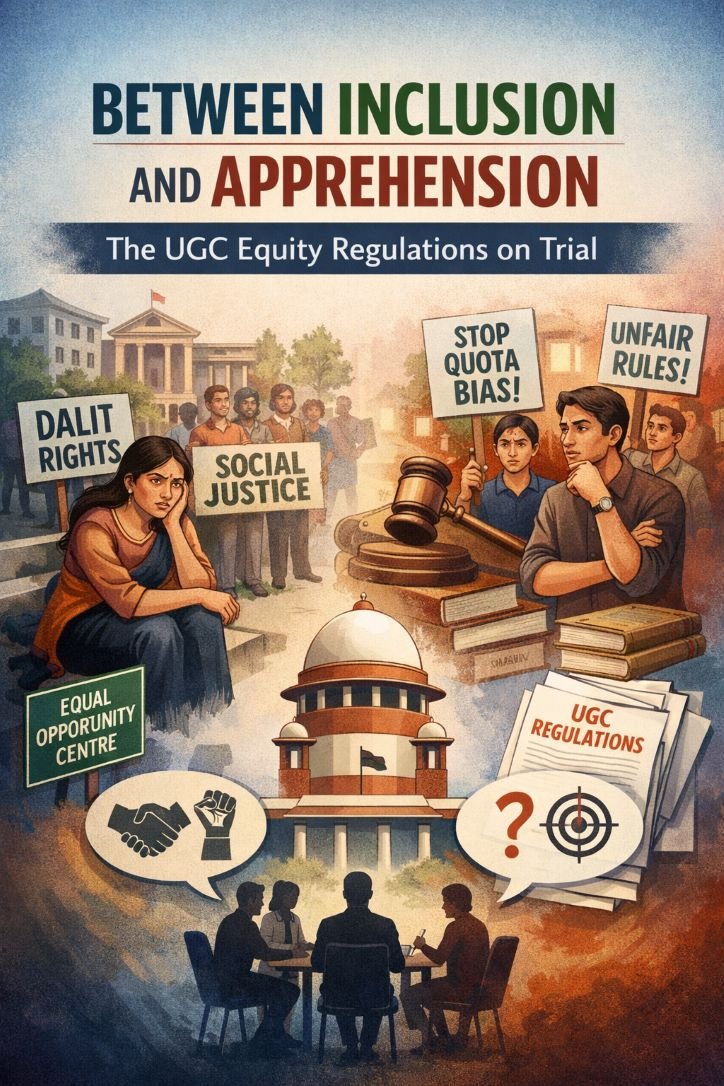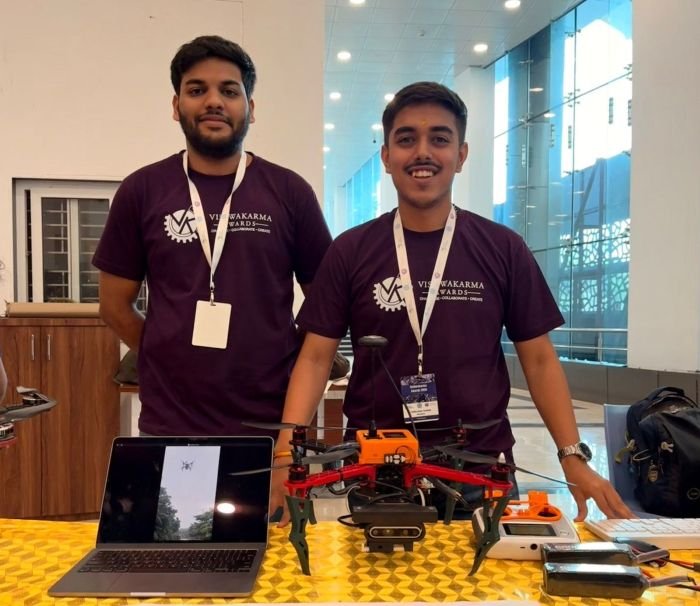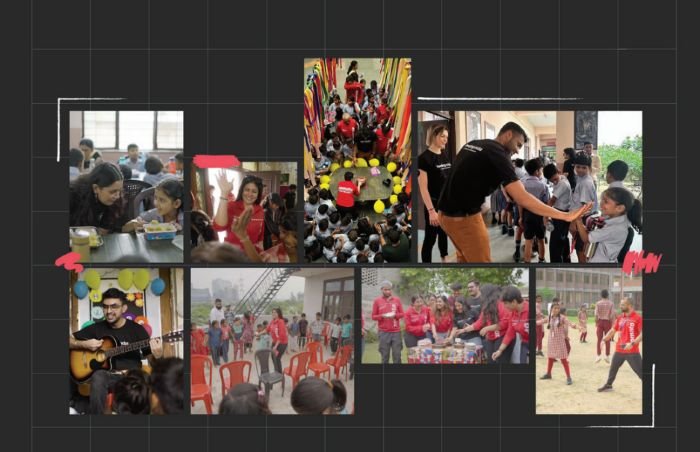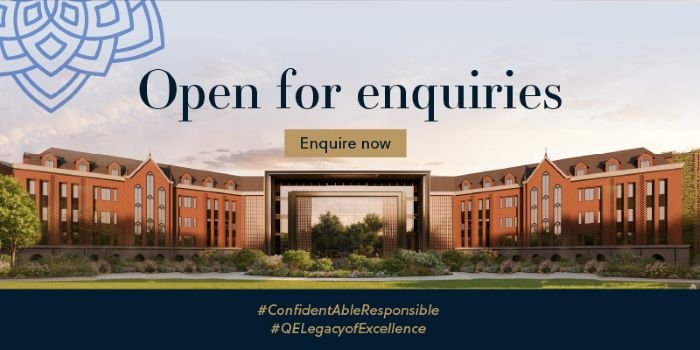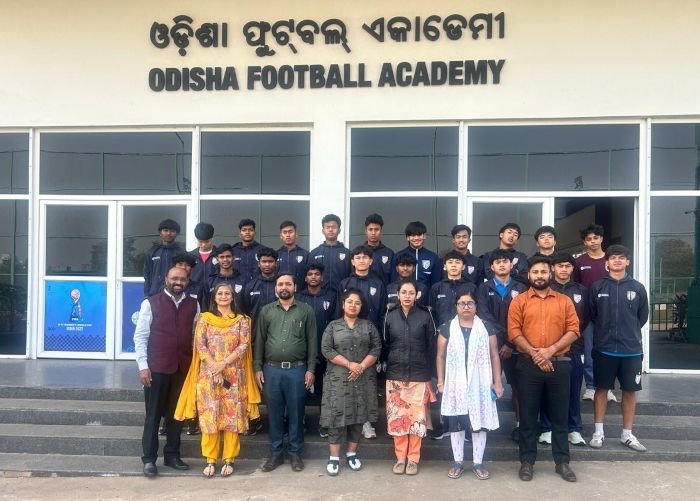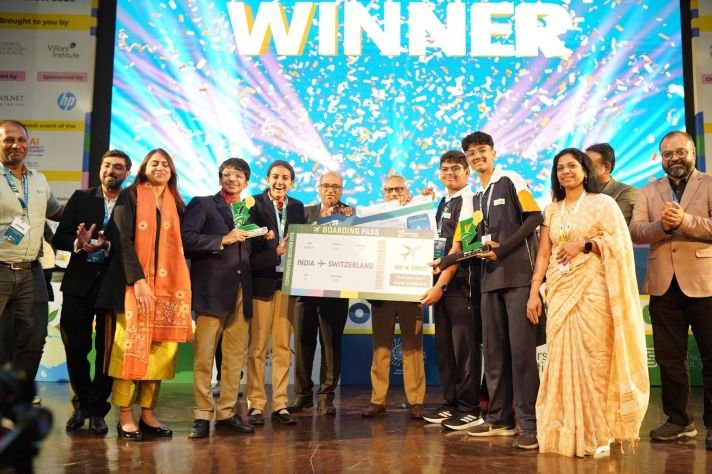
Seventeen-year-old innovator Ashwat Prasanna, a student at The International School Bangalore (TISB), has launched EyeSight, an AI-powered smart glasses solution designed to support real-time mobility, learning, and independence for India’s visually impaired. The announcement was made at the Vision 2025 summit, held on June 14 at the Bangalore International Centre, which brought together leading voices in accessibility, education, and AI innovation.
Built in India, for India, EyeSight aimed to build a product which will be priced at just ₹1500 making it one of the most affordable assistive devices globally. Developed in close collaboration with visually impaired students and educators, it converts visual data into real-time audio instructions and haptic cues, enabling users to navigate spaces, recognize objects and currency, and read text without internet access. Features include live scene narration, offline functionality, gesture recognition, multilingual voice support, and emergency alerts.
Ashwat’s four-part roadmap includes Patent filing and IP protection, Field testing with grassroots partners, Integration into skilling and CSR programs and a national scale-up strategy targeting 20,000 users by 2026.
“This isn’t just a device, it’s a bridge to dignity,” Ashwat shared during his keynote. “We didn’t build EyeSight for the visually impaired we built it with them.”
Funded partly by a $3,000 grant from the IB Global Youth Action Fund, EyeSight’s development was also supported by the RunWay Incubation Program at StartupYou. Ashwat has filed a patent for EyeSight’s unique integration of smartphone computing, offline AI processing, and wearable tech. At least 200 devices from the first batch are designated for vocational training programs to support better learning and job-readiness outcomes.
Currently in the advanced prototype phase, EyeSight is being tested in multiple regional languages to ensure inclusivity and accessibility across different linguistic and cultural contexts. By end-2025, Ashwat aims to directly impact over 10,000 users and reach another 2,000–5,000 caregivers, educators, and family members indirectly.


